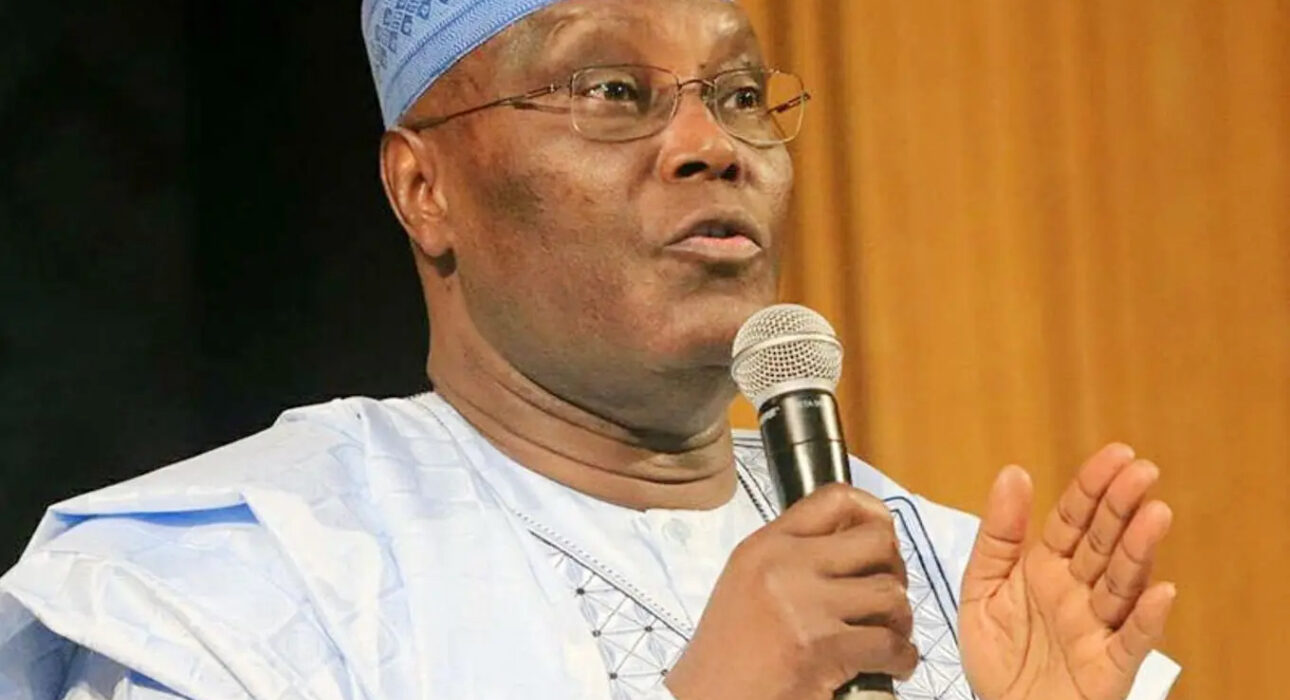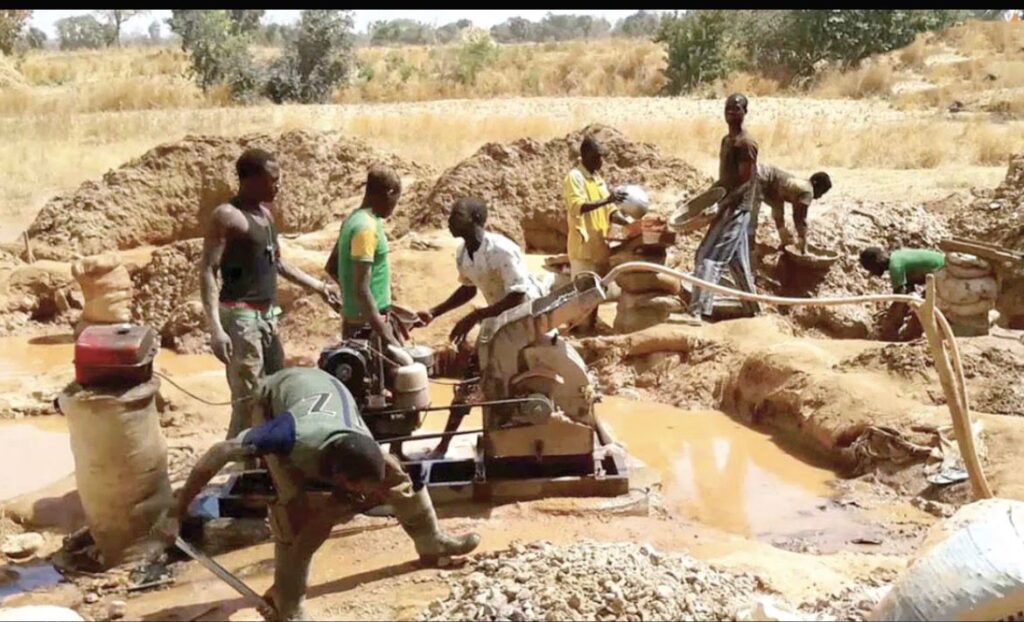Atiku Blames Killings Across Nigeria on Tinubu’s ‘Failed Security Architecture’

Former Vice President Atiku Abubakar has, in his scathing criticism, blamed the government of President Bola Tinubu for the ongoing killings across Nigeria, attributing it to what he referred to as “a failed security architecture.”
The criticism by Atiku is at a time of increased violent attacks, the latest of which was the recent Madaka village raid in Niger State, where at least 21 individuals, including a village head, were butchered by as well as the killings in Jos where over 51 persons were massacred by suspected bandits.
Atiku, in a statement on his social media platforms, lamented the escalating violence and called Nigeria a virtual “killing field” under Tinubu. He added that despite deteriorating insecurity in much of the nation, the government’s response has been feeble.
The former presidential aspirant argued that the current security system, which is synonymous with reliance on federal institutions, cannot hold at bay the increasing threats from insurgents and criminal networks.
Atiku called for the creation of state police, a measure he has insisted would go a long way towards enhancing security all over the country. In his opinion, it would enable states to have powers to establish their own police that could respond faster and more directly to local security needs.
He specifically named states like Plateau, Kaduna, and Zamfara, which have been beset by major security issues, and suggested that a decentralized structure would better address the special requirements of these states.
Atiku’s comments have served to indicate the broader debate in Nigeria regarding the structure of the country’s security agencies. Some have referenced the inability of the current system to respond effectively to the complex and varied security issues facing different parts of the country.
In a response, the Presidency described Atiku’s statement as “reckless” and asserted that President Tinubu is doing all that is concrete to confront the country’s security challenges. In a release, the Presidency emphasized that Tinubu is engaged in ongoing consultation with security commanders and let it be known that shutting down criminality is an overriding target for his administration.
The Presidency also noted some of the current efforts aimed at curbing insecurity, including targeted military action and intelligence operations. The officials added that Tinubu’s government is committed to addressing the roots of violence, including poverty and unemployment, while ensuring that security agencies are equipped to counter criminal elements.








